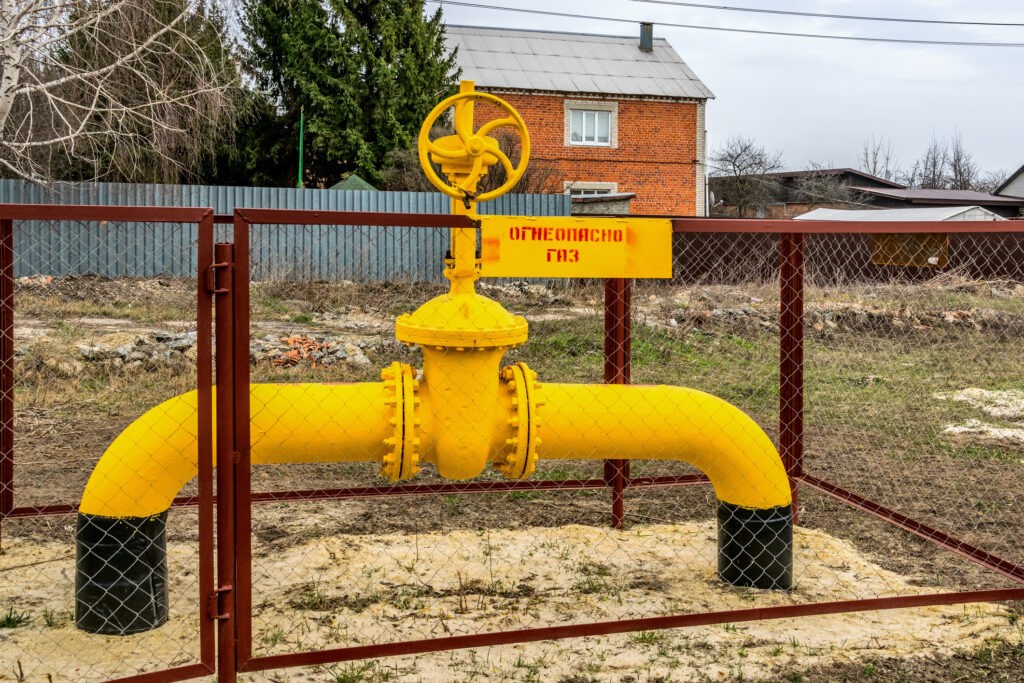Kyrgyz Gold Mines Produce Over 20 Tons Annually, But Local Jewelers Pay Above Global Price
Jewelers in Kyrgyzstan produced goods worth $1.6 million in 2023, five times more than in 2022, the Ministry of Economy and Commerce of Kyrgyzstan has stated. The ministry said the jewelry industry is important for the republic, not only because of its income, but also because of its importance in the country's culture, history, and tourism, and the government will support it in every way possible. "As part of the state support to date, jewelry manufacturers pay VAT with an 80% reduction. The leadership of the ministry highly appreciates the contribution of manufacturers to the preservation and development of this beautiful art," Deputy Minister of the Economy and Commerce, Ainura Usenbekova said at a meeting with jewelers. Meanwhile, the jewelers noted that despite the fact that more than 20 tons of gold is mined annually in Kyrgyzstan, the main problem for their industry is the supply of this precious metal. "The situation in this area has not changed for many years. We do not have physical access to metal, and if we do, it is at an inflated price. Gold bars sold to us by the National Bank between 5 and 20% more expensive than the global gold price. Plus, another 5% is added by Kyrgyzaltyn," said Stalbek Akmatov, president of the Kyrgyz Jewellers Union. Kyrgyzaltyn a Kyrgyz state company which controls gold circulation in the country Jewelers believe that until issues with the price of gold are settled so it's sold on the domestic market at prices comparable to those on the London Mercantile Exchange, serious development of the industry is out of the question. The Ministry of the Economy stated that they are aware of the problem, and the authorities are ready to discuss and work on creating competitive conditions for the continued development of the industry.






